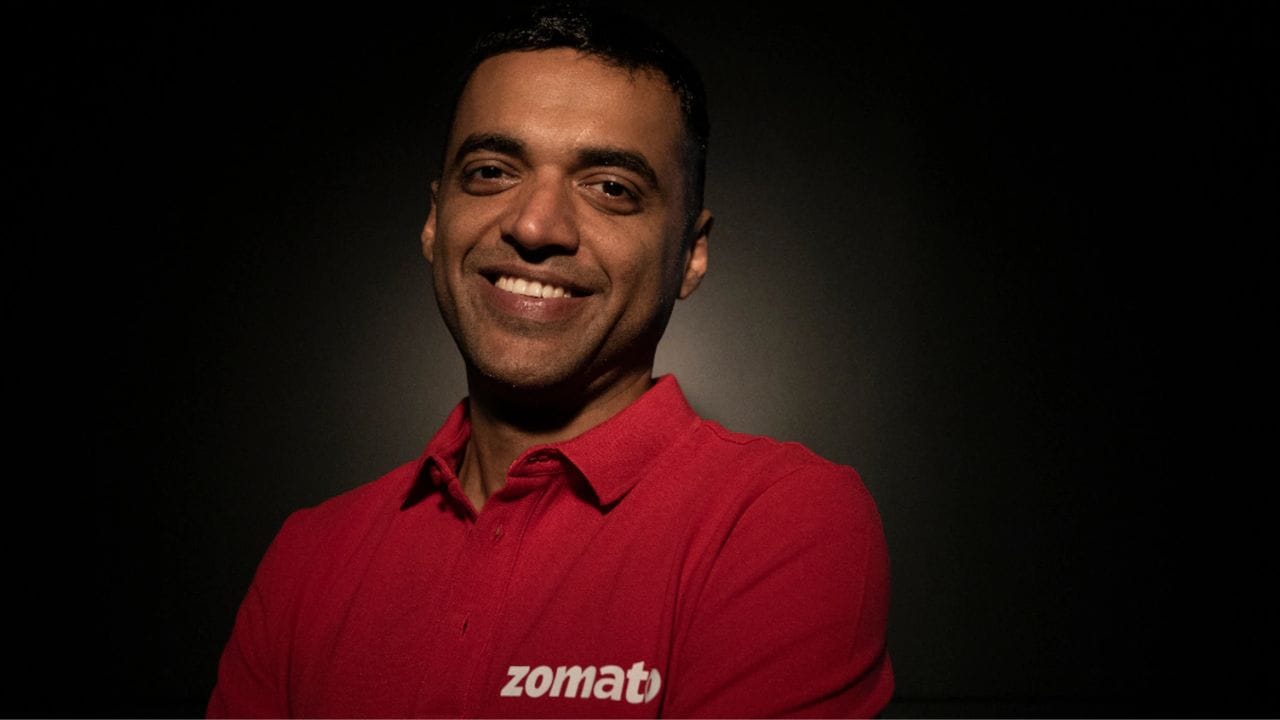The rise of the “celebrity founder/CEO” is one of the most dangerous trends in modern business. Founders and CEOs like Deepinder Goyal of Zomato have become public figures, using viral TV appearances and social media antics, to promote their brands. But not all founders are born with the same penchant for publicity and risk appetite or run profitable businesses like Zomato. Regardless, this new breed of business leaders is playing a high-stakes game.
Current-generation entrepreneurs are subscribing to the “celebrity founder” playbook, playing into the prevalent overhyped culture of founder stardom. They even star in their brand’s commercials like Lenskart’s Peyush Bansal or Sugar’s Vineeta Singh who featured in ads for their brands alongside Bollywood celebrities like Karan Johar and Ranveer Singh. Though someone ought to tell ’em the OG was MDH uncle – the spice-king Dharampal Gulati, who starred in every MDH ad and died at the ripe old age of 97 in 2020.
Speaking of masala. In the age of the influencer, founders like Goyal, who runs the profitable Zomato, and his peers – think BharatPe’s controversial former founder Ashneer Grover, Paytm’s Vijay Shekhar Sharma, CRED’s Kunal Shah, Zerodha’s Nikhil Kamath, Ola’s Bhavish Aggarwal or even the global Elon Musk phenomenon — have turned themselves into brands. They skillfully capitalize on personal dharma and drama, and viral moments to sell everything from food delivery to financial services.
But here’s the problem: the brand isn’t just the product anymore. It’s them! And when the founder is the face of the company, the company’s fate is tied to that face. Period.
When your CEO is more famous for their controversial opinions than the product they’re selling, your business is walking a tightrope. A brand strategy can quickly turn to brand suicide. Yet, the allure of celebrity continues to drive this trend, with companies placing more and more value on their founder’s public persona.
The prospect is too tempting even for non-founders as several CEOs of companies in everything from muesli to mutual funds fall for the dopamine-rush of followers and fame, their online personas carefully crafted by twenty-something content strategists.
But for every founder and CEO seeking the limelight, there are those who shun it. Or, at the very least, put up some resistance before they succumb to FOMO and the pressures to launch a podcast.
Shunning the spotlight isn’t just a matter of personal preference. It’s a different approach, one that’s far less glamorous but perhaps more sustainable in the long run.
CEOs who are constantly chasing fame risk turning their companies into nothing more than a sideshow.
But let’s not pretend there’s no upside to personal branding of leadership. A charismatic founder can humanize a company, making it more relatable and authentic to consumers. The catch is the fine line between building trust and building an ego that overshadows everything else. And that’s where the trouble lies.
The more they bask in the spotlight, the more the brand becomes inseparable from the individual. The individual gets bigger than the brand and everything becomes marketing, losing all meaning in the bargain. Their stories start looking and feeling less authentic and more synthetic with every thought-leadership post and purpose-led project. Their teams fall prey to echo-chambers and a subservient form of so-called innovative thinking that fuels a cult-like culture. Before you know it, everyone’s drinking the Kool-Aid.
The hard truth is this: the risk of overexposure is too great. The more a company is tied to a founder’s personal brand, the more vulnerable it becomes.
So why do CEOs keep chasing the fame? Because they’re addicted to it? Possible. Or, maybe, they and their teams have convinced themselves to believe the constant spotlight is the best way to build their brand. But a great leader should be a custodian of the company and brand, not the star of the show. They need to stay focused on what matters — quality, innovation, and the long-term vision — not their next viral moment.
There’s no one-size-fits-all approach to personal branding of founders, but here’s the bottom line: the best leaders understand that their personal brand should enhance the company, not overshadow it. Publicity is a tool, not a goal.
